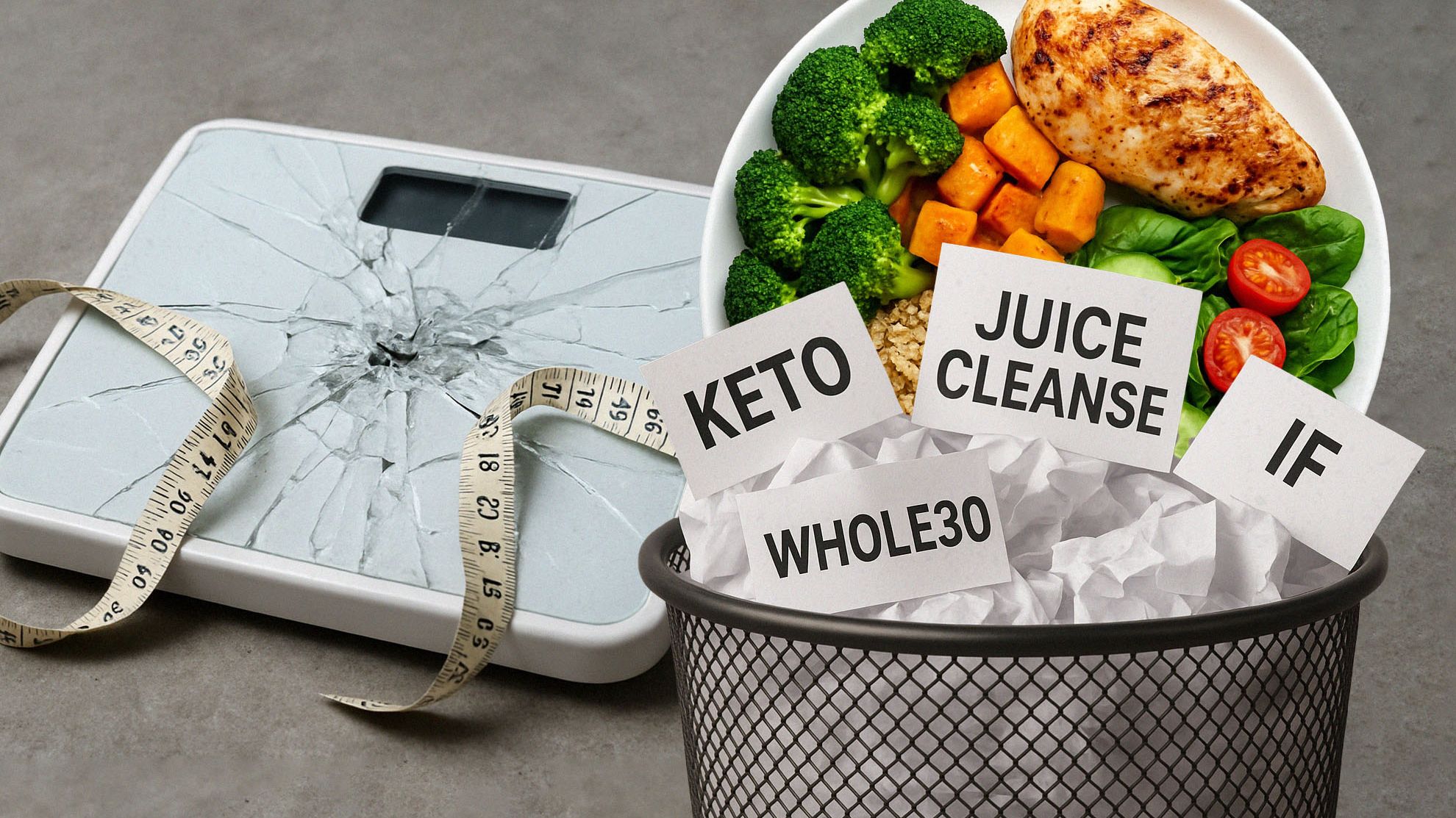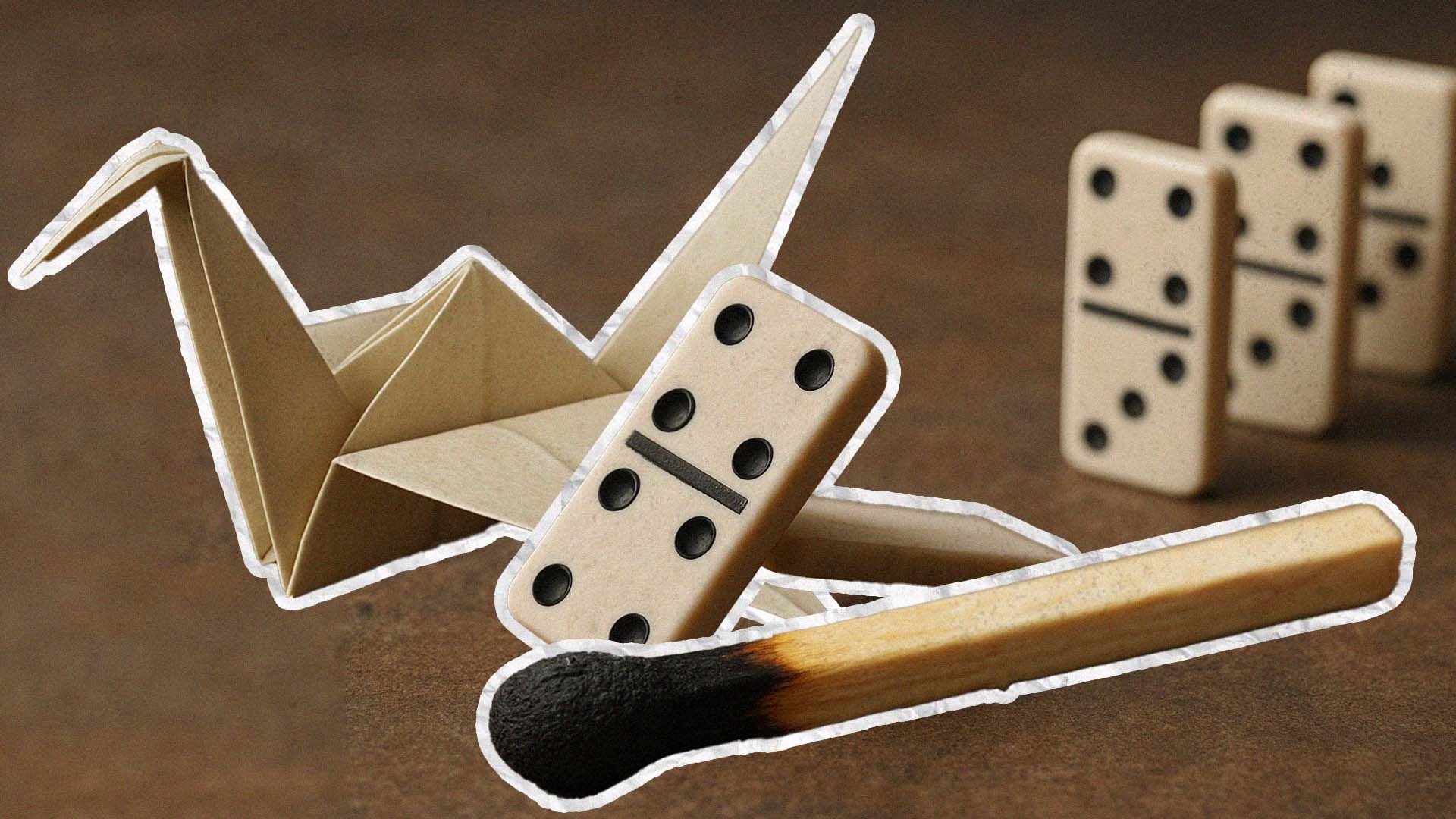Stop Procrastinating: Simple Mind + Body Habits to Take Back Life
Nov 20, 2025
Written by Team
You’re not lazy. You’re overwhelmed, directionless, and running on fumes. That’s why the cursor blinks, the gym bag gathers dust, and “tomorrow” has been your most productive day for years.
Procrastination isn’t a moral failing. It’s a signal. Your mind is cluttered, your body is tired, and both are begging for a different approach. The fix isn’t another app, a tougher morning routine, or a 30-day challenge you’ll abandon by day six. The fix is reconnecting your mind and body with the smallest possible actions that create real momentum.
That’s the entire message of Stop Fucking Around by David Dodge. Stop treating procrastination like a willpower problem and start treating it like an energy and clarity problem. When your body moves and your mind knows exactly what to do next, procrastination disappears.
Here’s how to make it happen.
Why We Really Procrastinate
We love easy scapegoats. “I’m lazy.” “I lack discipline.” Those stories feel true because they let us avoid the harder truth: we’re emotionally overloaded and physically drained.
Every open loop (the unanswered text, the half-written proposal, the vague worry about money) takes up mental RAM. By mid-morning, you’ve already made thousands of tiny decisions about what to eat, wear, or click. When it’s finally time to do the important thing, your brain is out of gas. That’s decision fatigue, not laziness.
Then there’s the comparison trap. Someone on the internet is always further along, fitter, richer, happier. The gap between where you are and where they appear to be feels unbearable, so you refresh the feed instead of starting. Perfectionism is just fear wearing productivity’s clothing.
Finally, a tired body cannot power a sharp mind. Poor sleep, no movement, and constant cortisol mean low dopamine and zero motivation. You can’t think your way out of exhaustion any more than you can outrun a bad diet.
The solution isn’t to try harder. It’s to lower the noise and raise the energy.
The Mind–Body Connection You’ve Been Ignoring
Your body isn’t just transportation for your brain. It’s the operating system. Move your body and everything changes: blood flows, oxygen reaches the brain, feel-good chemicals flood the system, anxiety drops, and clarity appears. Motivation isn’t something you wait for; it’s something you generate through motion.
Science backs this up. Ten minutes of brisk walking can reduce anxiety as effectively as a low-dose tranquilizer. Light exercise improves focus for the next one to two hours. People who move regularly procrastinate half as often on difficult tasks compared to sedentary people.
Action comes first. Motivation follows. The fastest way to change how you feel is to change how you move.
Step 1: Ten Minutes of Movement Every Single Day
You don’t need an hour at the gym or a fancy program. You need the smallest dose that still counts.
For the next thirty days, do exactly ten minutes of intentional movement the moment you wake up (or whenever your day actually starts). A fast walk around the block, a YouTube yoga flow, three quick circuits of push-ups, squats, and jumping jacks, or simply stretching while the coffee brews. Ten minutes. No more, no less.
Ten minutes works because it’s impossible to negotiate with. You’re too busy? Ten minutes. Hungover? Ten minutes. Raining? Walk the hallway or dance in the living room. The bar is deliberately low so you can’t fail.
Something magical happens around day four or five. You realize you’ve kept a promise to yourself several days in a row. That tiny proof rewires your self-image faster than any pep talk. You stop being the person who “never follows through” and start becoming the person who moves every single day. The rest of your day flows from that identity.
Step 2: Give Your Mind One Clear, Winnable Target
Overwhelm kills action. When your to-do list reads like a novel, your brain freezes. The antidote is ruthless simplicity: pick one task, make it winnable, finish it, repeat.
Write exactly 200 words. Clear one kitchen counter. Send the email you’ve been avoiding. Do one lesson of the course you bought. One thing. Done is better than perfect.
When you finish that single task, your brain gets a hit of dopamine. That chemical reward makes the next task feel easier. Suddenly, you’ve knocked out four or five things before lunch, not because you forced yourself, but because momentum is now doing the heavy lifting.
Clarity is oxygen. Stop drowning in options and start breathing.
Step 3: Create One Daily Non-Negotiable
A non-negotiable is the single behavior you do no matter what. It’s tiny, specific, and tied to the person you’re becoming.
Read five pages every morning, and you become a reader. Drink a liter of water first thing, and you become someone who takes care of their body. Walking ten minutes after dinner and you become someone who moves daily. Write one sentence in a journal, and you become someone who processes life instead of numbing it.
These acts feel insignificant on day one. By day 100, they’ve quietly reshaped your entire life. Five pages a day is thirty books a year. Ten-minute walks compound into fifty hours of movement. One sentence a day becomes a record of an entire year you can read back and feel proud of.
Small, stupidly simple choices compound into a completely different human being.
Step 4: Stop Waiting for Perfect Conditions
“I’ll start Monday.” “I’ll start when work slows down.” “I’ll start after the holidays.”
These are the lies we tell ourselves to stay comfortable. Perfect conditions never arrive. The kids don’t suddenly become self-managing. The inbox never hits zero. Life doesn’t pause so you can get your act together.
The people who change their lives start anyway. They write the terrible first draft. They go for a run in the rain. They record the podcast intro on their phone in a parked car.
Messy action beats perfect planning every single time. The resistance is loudest in the two minutes before you begin. Once you’re moving, the spell breaks and the work gets done.
What Happens When You Finally Take Ownership
I’ve watched the transformation hundreds of times.
In the first week, people scoff at how simple it feels. By week three, they’re finishing their daily lists and wondering where this version of themselves was hiding. By month two they barely recognize their own life: they wake up early without an alarm, move their body daily, ship meaningful work, and still have energy left for the people they love.
Confidence returns because you finally have evidence that you keep promises to yourself. Stress evaporates as open loops close. Energy soars from consistent movement and better sleep. Your body changes as a side effect, not a goal. Mental fog lifts, and you can hear your own thoughts again.
You don’t rise to the level of your goals. You fall to the level of your systems. Build systems so small they’re laughable, and you become unstoppable.
Your Next Step
You don’t need another complicated plan. You need one imperfect action taken today. Ten minutes of movement. One clear task. One non-negotiable. Repeat tomorrow.
That’s the entire game.
If you’re tired of watching your days disappear into tabs and regret, if you know you’re meant for more but keep proving yourself wrong, I wrote the exact book you need right now.
Stop Fucking Around by David Dodge: A Simple Guide to Living a Happier, Healthier, and More Fulfilled Life is 200 pages of straight talk, proven science, real stories, and the daily playbook that pulled me (and hundreds of readers) out of the quicksand of procrastination and into a life that actually feels like ours.
No fluff. No 47-step frameworks. Just the simplest, most powerful way I know to take your life back—one tiny win at a time.
Grab your copy today. Your future self is begging you not to put this off another day.
Stop waiting. Start living.






